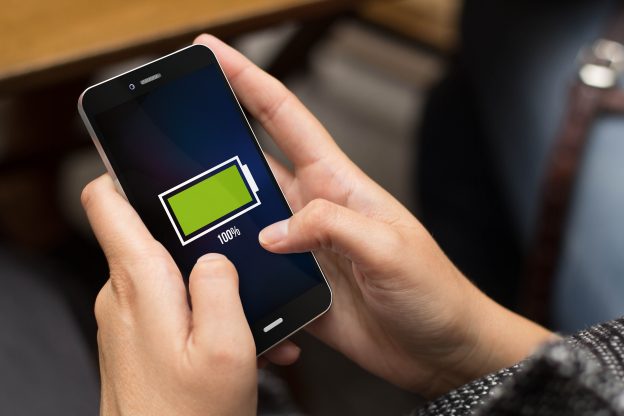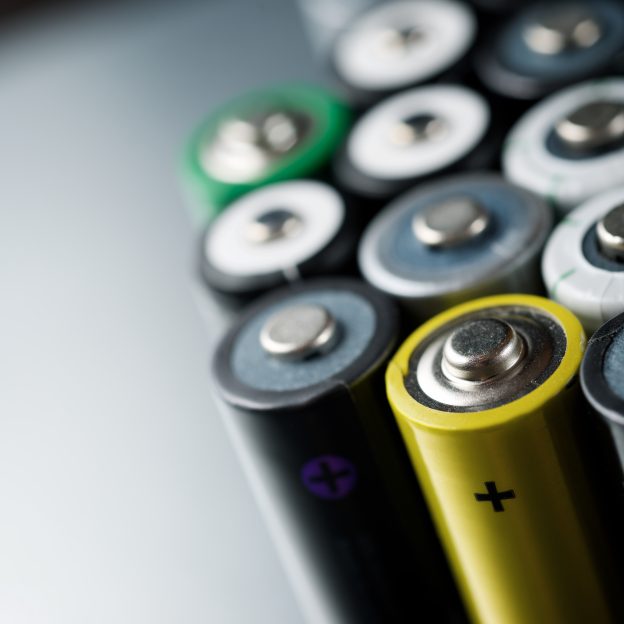Bosch, the multinational engineering and electronics conglomerate based in Gerlingen, Germany, is pulling the plug on its solar energy business.
Bosch Solar Energy has struggled to compete in crystalline photovoltaics amid a global supply glut that has depressed solar PV module prices. Bosch said it would unwind the solar power venture and shut down manufacturing ingots, wafers, cells and modules in early 2014. Bosch’s total potential losses in the solar space have been estimated to be as high as $3.1 billion, according to PV Tech.
In an interview (quoted at length below) in BoschZünderOnline, Bosch board members, Franz Fehrenbach and Dr. Volkmar Denner, explained the rationale for shutting down the solar business, which will ultimately result in an estimated 3,000 layoffs.
Q: Mr. Denner, you announced on March 22 that Bosch will be discontinuing its solar energy activities. Why is that?
Denner: Last year, we sustained a loss of one billion euros. Changing market conditions mean that we couldn’t see any chance of a lasting improvement. We couldn’t offset such enormous and unrelenting price pressure in a market that is becoming ever more difficult. Even though we reduced our manufacturing costs significantly in 2012, it wasn’t enough to compensate for the fall in prices of up to 40 percent. Nearly the entire solar industry is currently deep in the red worldwide.
Q: What were the reasons for your decision?
Denner: Last year, Bosch comprehensively examined every aspect of its solar business. We considered the latest technological advances, additional ways of reducing costs, as well as possible partnerships. However, none of these possibilities offered a solution that would be economically viable over the long term.
Q: Was the decision to enter photovoltaics wrong?
Denner: No. At the time, we thoroughly examined every aspect of the decision and prepared ourselves systematically. The drastic changes in the market, particularly the rapid increase in capacity in China, simply couldn’t be foreseen. We are still convinced that photovoltaics will play an important role in the energy mix of the future. However, even we are not capable of sustaining such heavy losses forever.
Q: Mr. Fehrenbach, do you regard the exit as a personal defeat or failure?
Fehrenbach: The decision was very difficult for us. First, because we’ve recorded heavy losses. Then there are the prospects for photovoltaics, and the important role solar energy will play in the future. But when all is said and done, we simply cannot accept such heavy, long-term losses in all good conscience. And last but not least there is the responsibility for our many associates and their families. Our workforce has shown incredible commitment and made significant progress in reducing manufacturing costs. However, prices fell incredibly fast, and our technological innovations simply couldn’t keep pace. We all have to concede that the progress we made wasn’t enough to allow us to operate in the market in a competitive and economically viable manner over the long term. Yes, that hurts. But running a company is always about dealing with failure as well as success. And when market conditions change as fundamentally as they have in this industry, we must face the consequences. Looked at dispassionately, the decision we’ve made seems reasonable and understandable. But to be honest with you, it’s perhaps the most painful decision I’ve ever had to make in my career.







